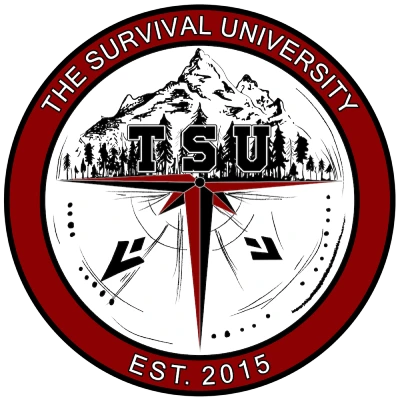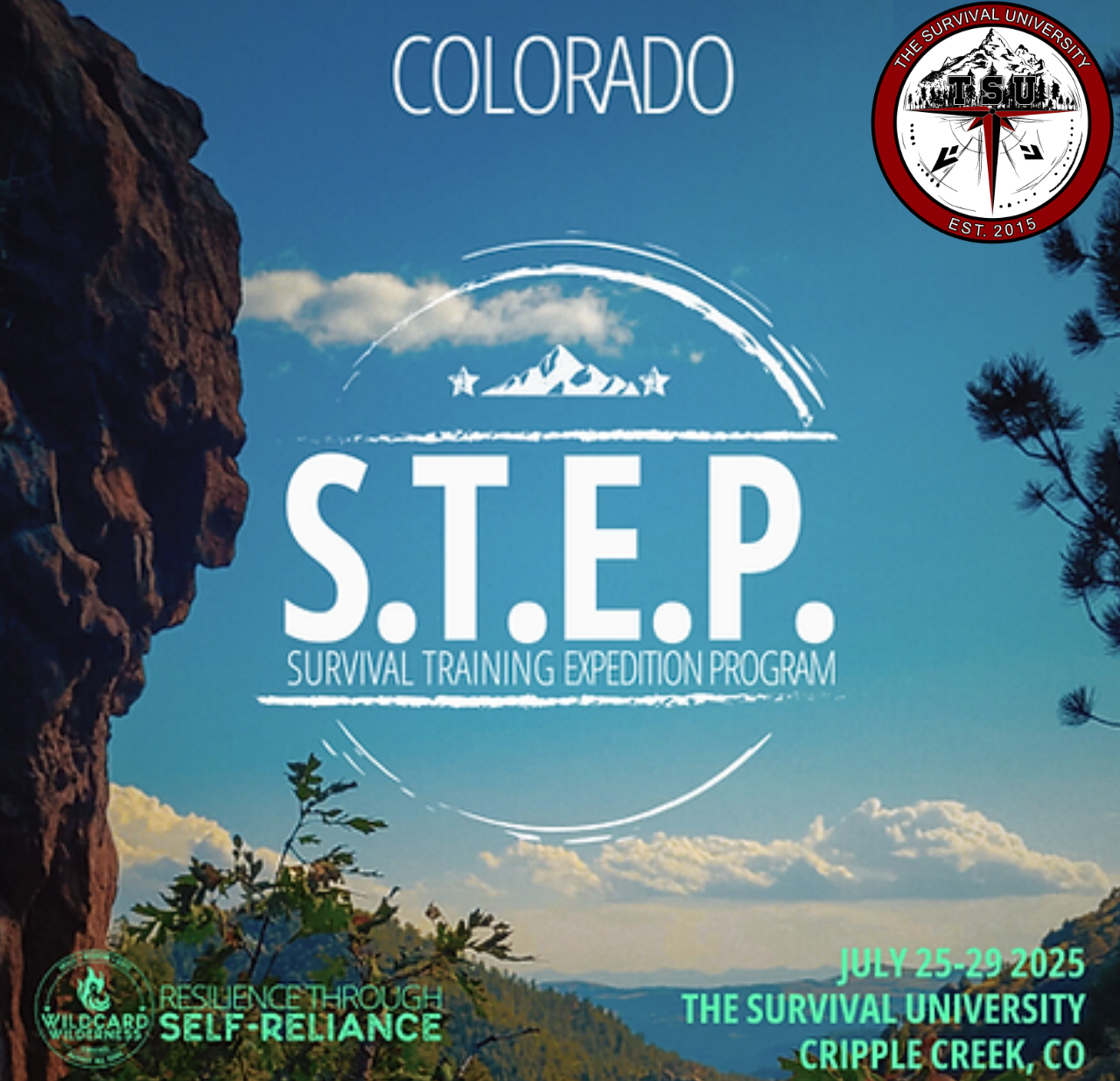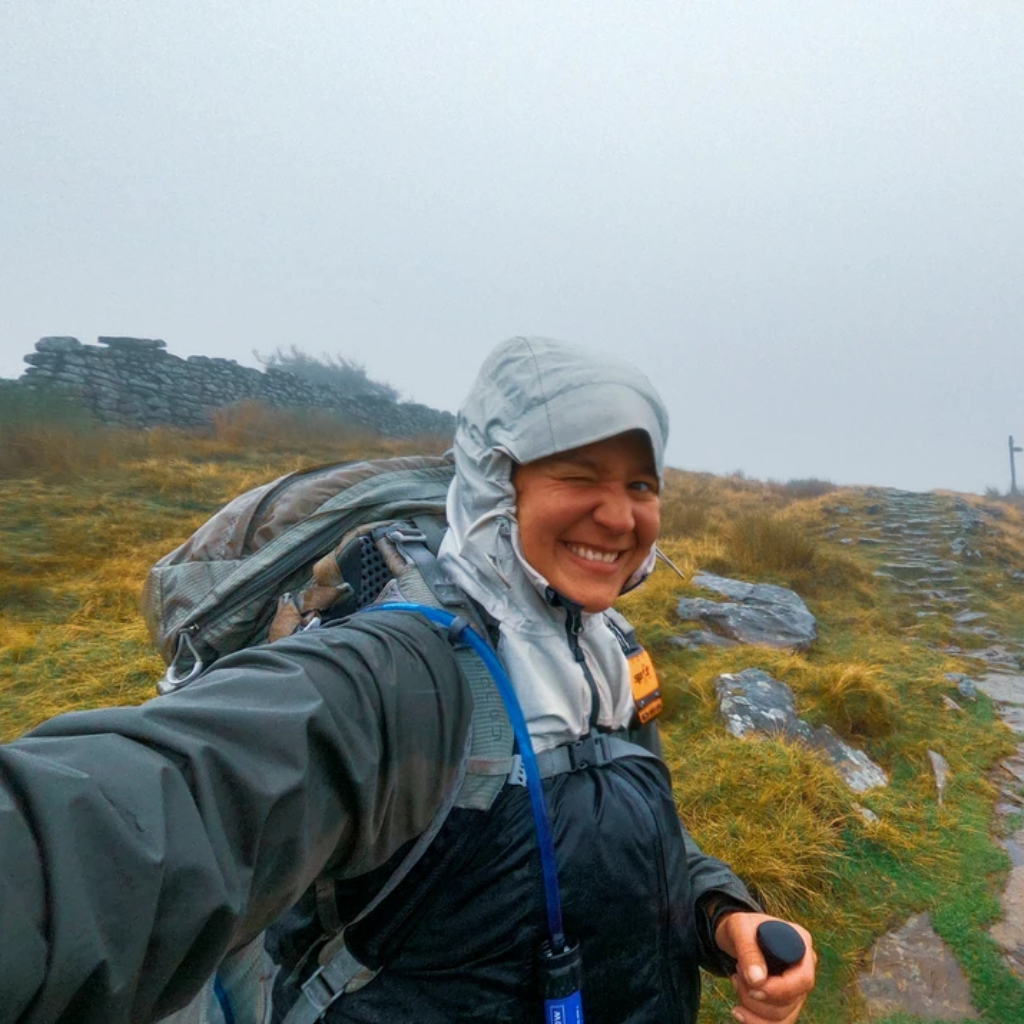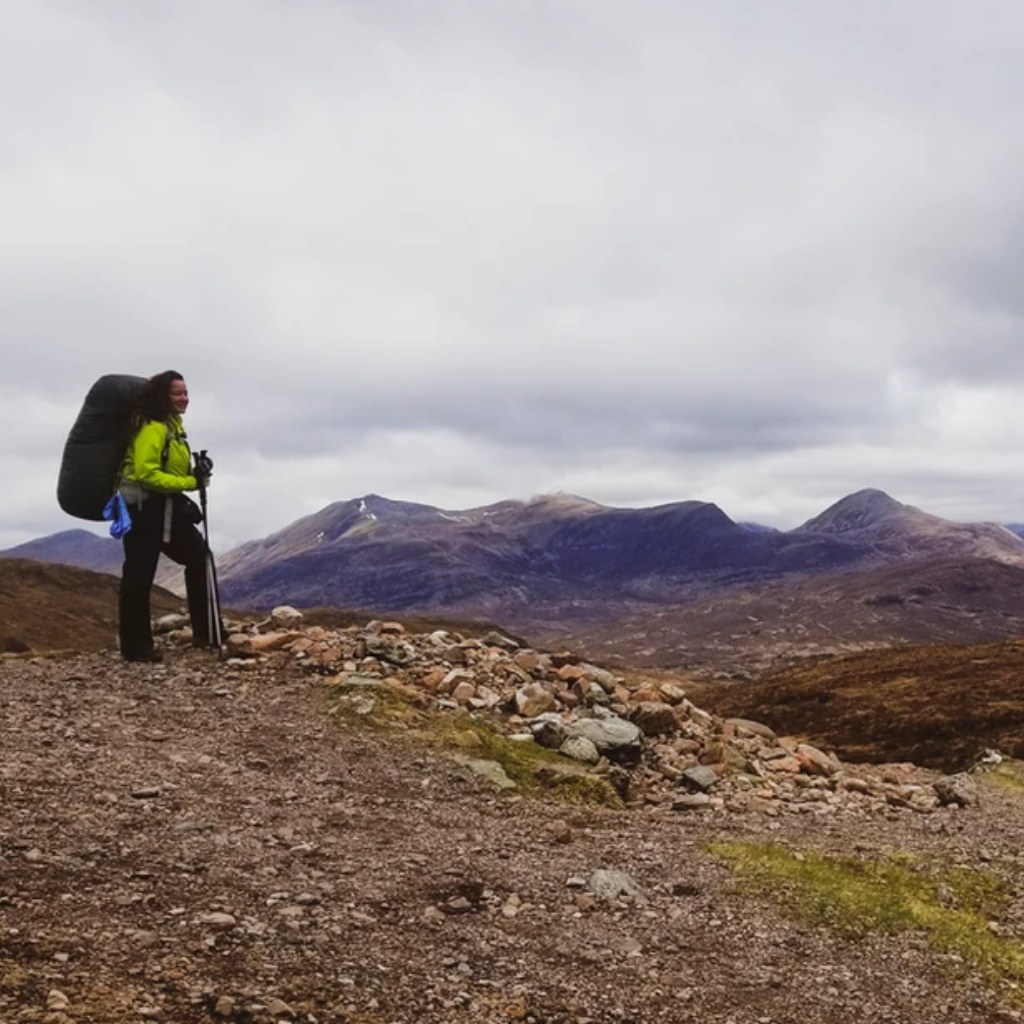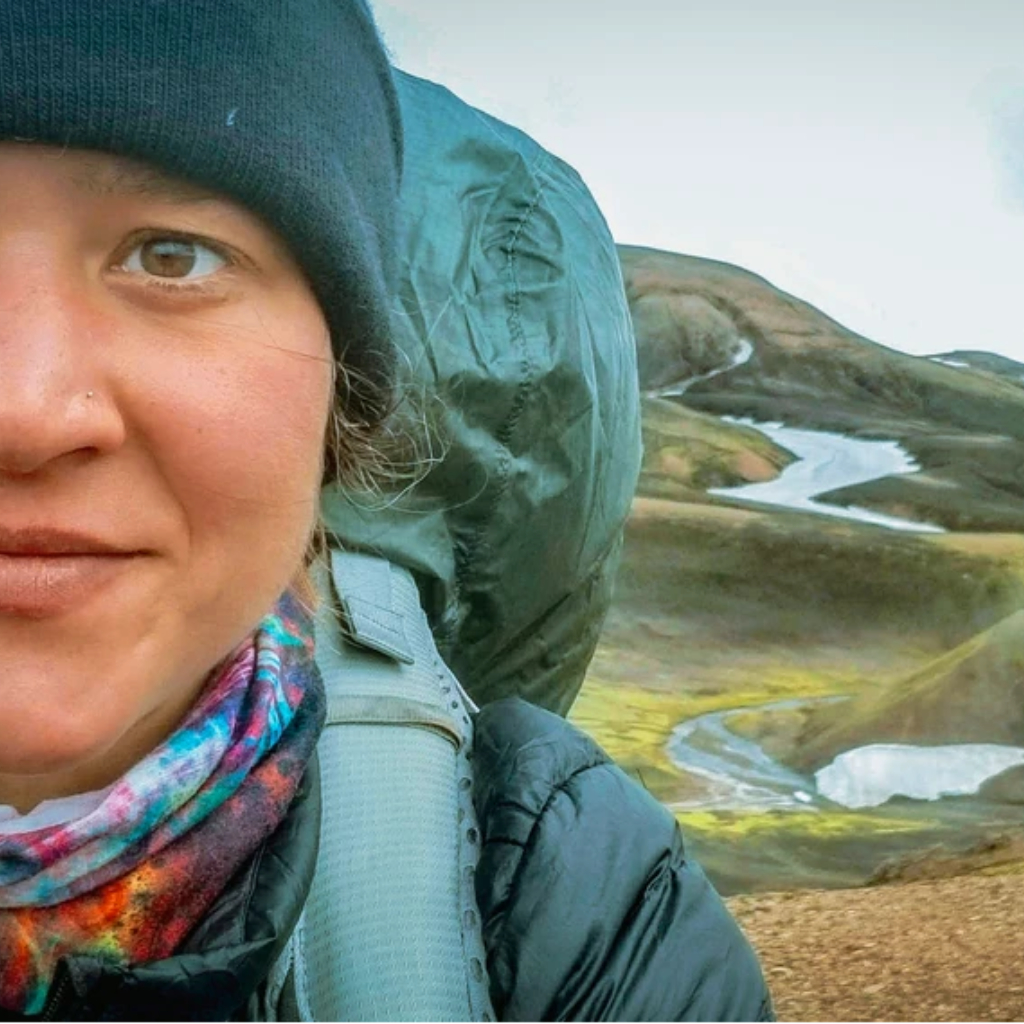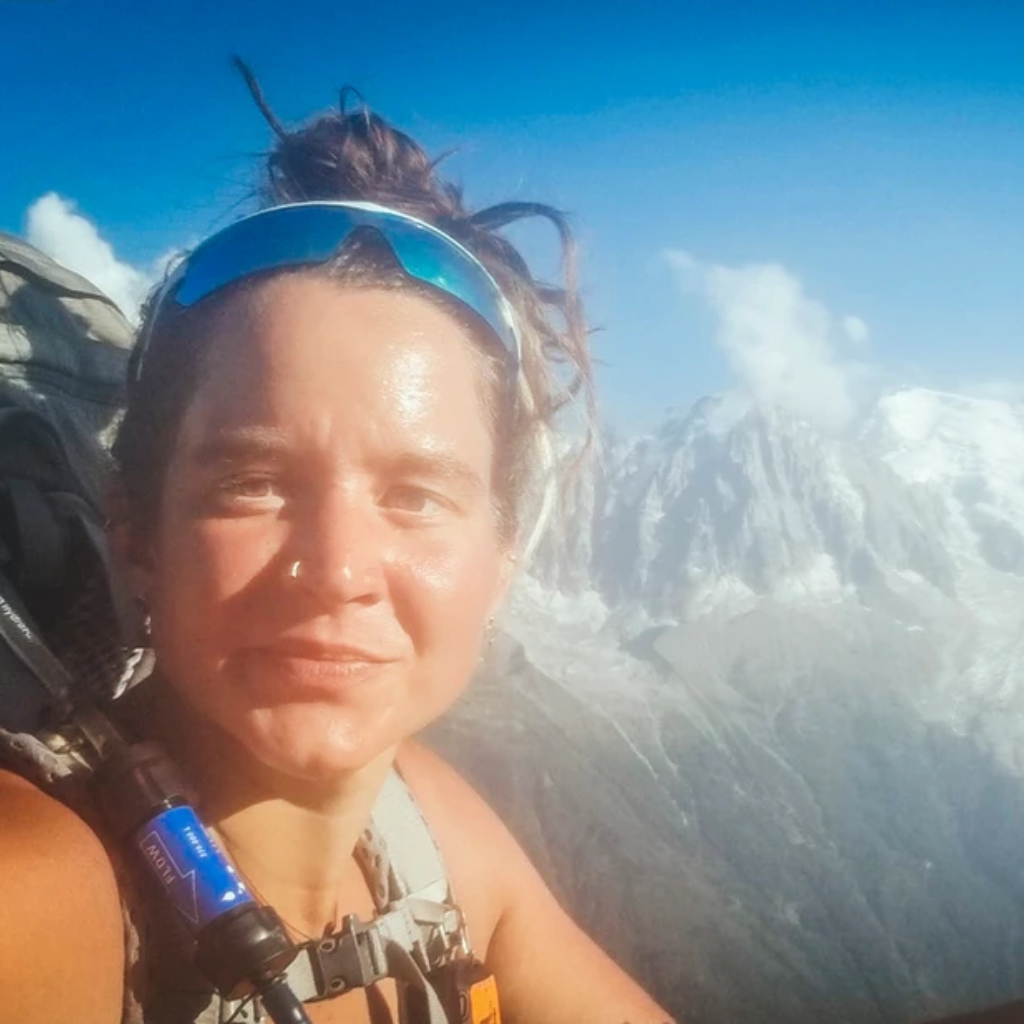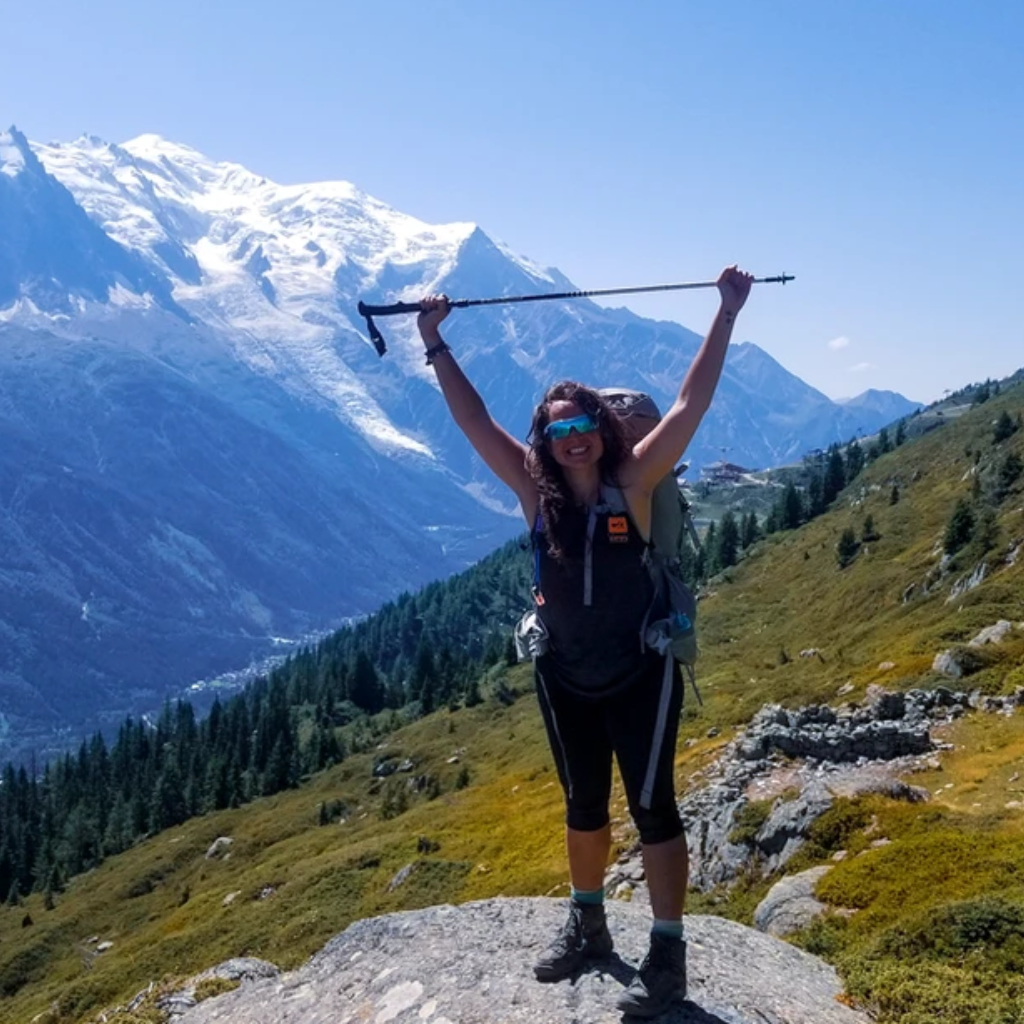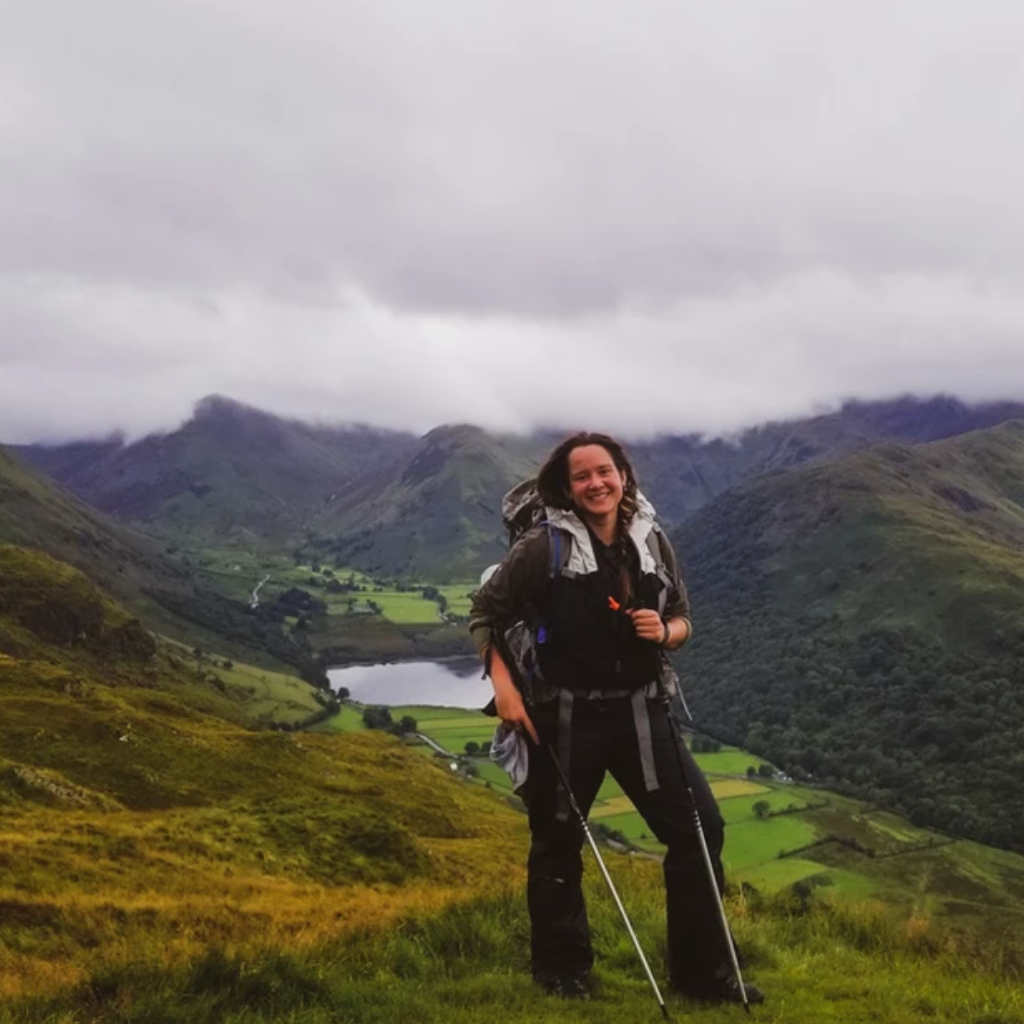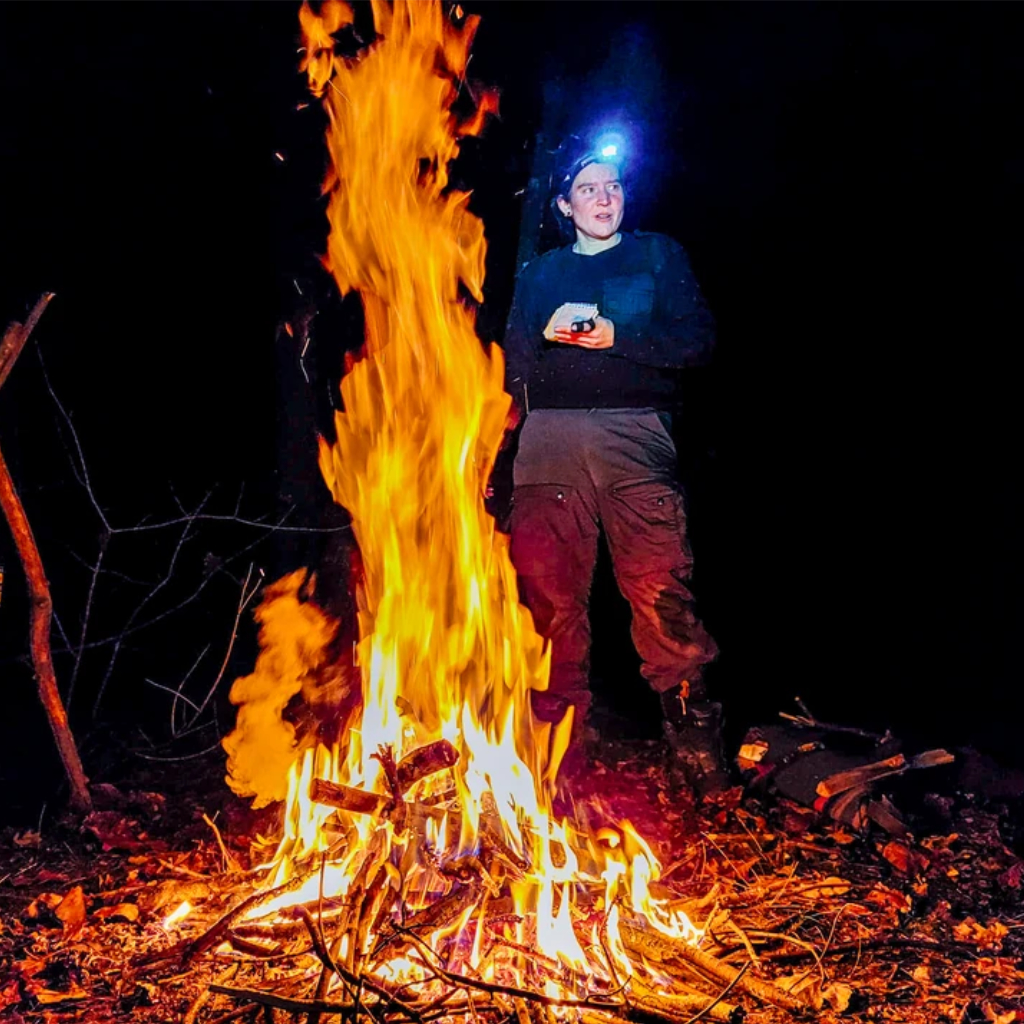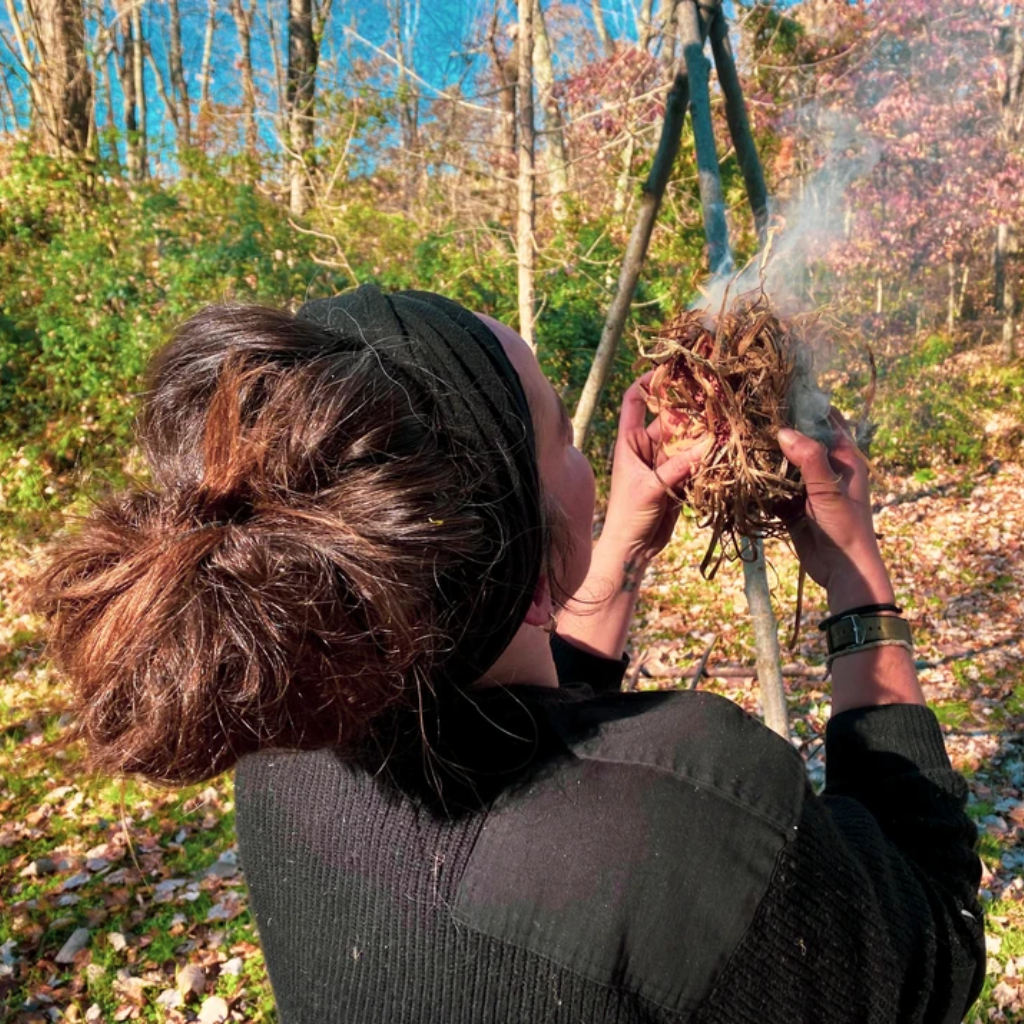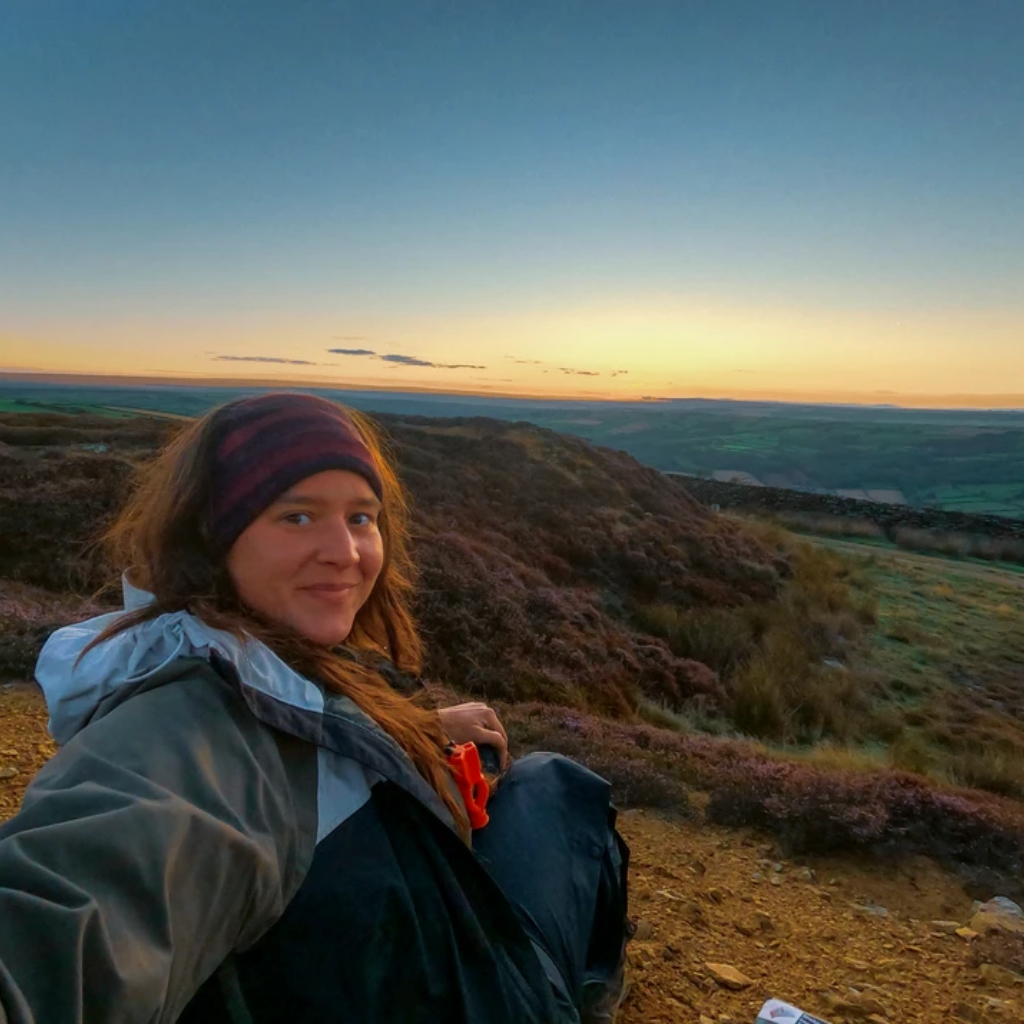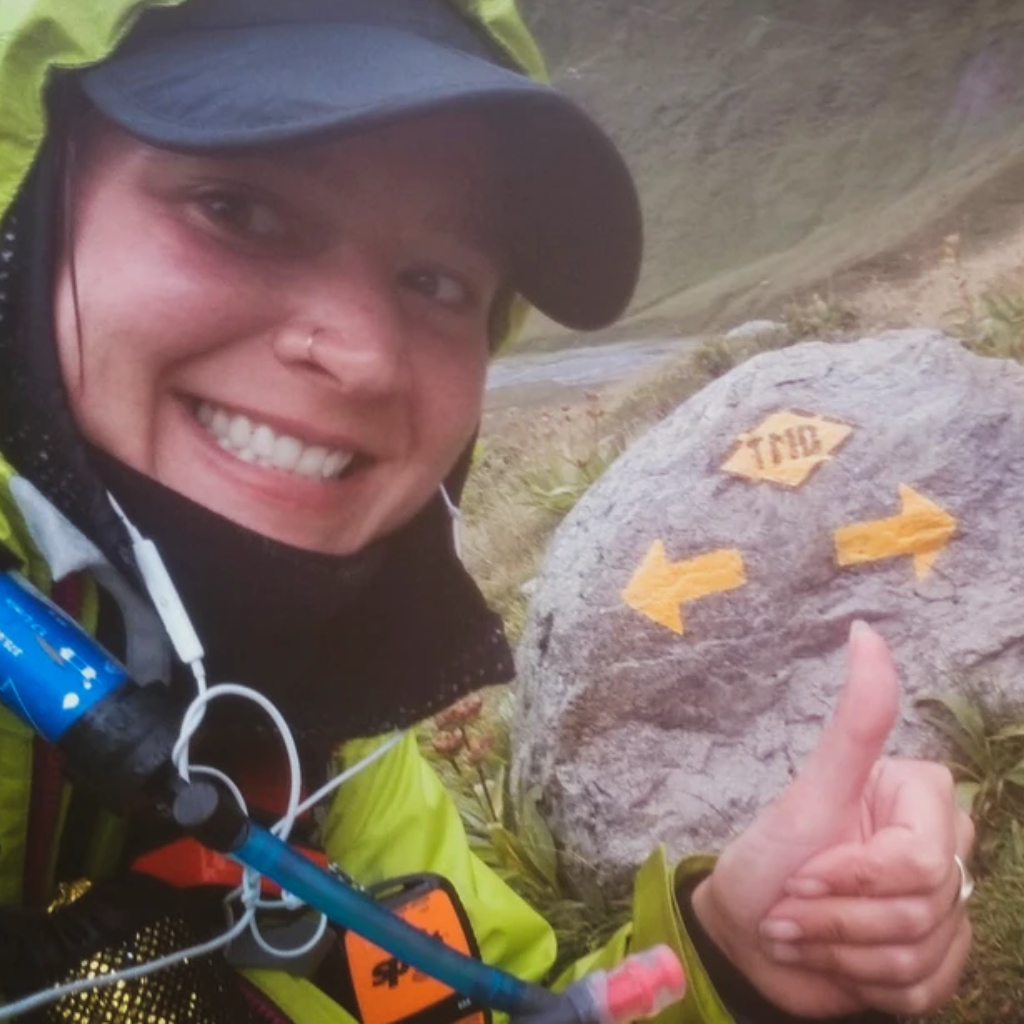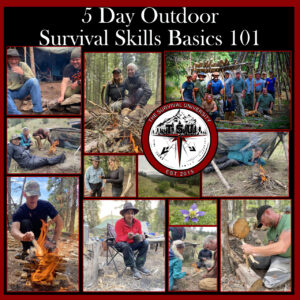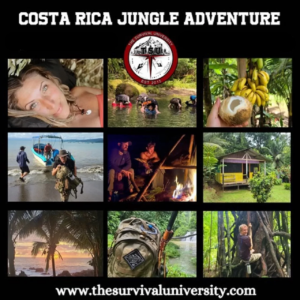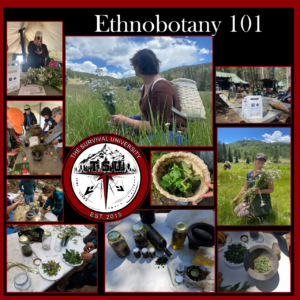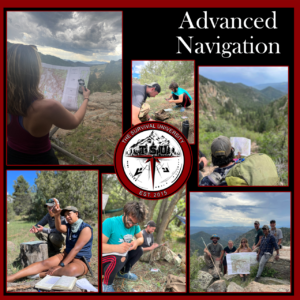Cart
Survival Training Expedition Program (STEP)
$850.00
STEP (Survival Training Expedition Program) offers a transformative four-day wilderness adventure through Colorado’s rugged landscapes, where participants deepen their connection to nature while building essential survival skills. Guided by experienced instructors, this immersive program equips outdoor enthusiasts with practical techniques like fire-building, water disinfection, edible plant foraging, primitive shelter construction, and navigation without GPS—all while carrying minimal gear. Designed to challenge your endurance and foster resilience, the course culminates in a solo overnight experience where participants put their newfound skills to the test. With a focus on creativity, and personal growth, STEP inspires confidence and self-reliance, preparing you for future backcountry adventures with courage and capability.
Description
Survival Training Expedition Program (STEP)
Lead Instructor: Jacks Genega
Duration: 5 Days / 4 Nights
Student Limit: 15 Participants
The Survival Training Expedition Program (STEP) is a 5-day immersive backcountry survival course designed for adventurers, backpackers, bushcrafters, and outdoor practitioners who want to take their skills to the next level. Held in the rugged wilderness of Colorado, this course combines survival training and physical challenge in a self-reliant expedition setting. You’ll hike through diverse terrain—dense pine forests, exposed ridgelines, rocky gulches, and stream crossings—learning to survive with minimal gear and maximum resilience.
This hands-on survival expedition is structured around building practical wilderness skills while carrying only what you need in a lightweight day pack. Participants will receive expert instruction in primitive survival techniques and then put them into practice during a multi-day hike, culminating in a solo overnight challenge that puts your training and mindset to the test.
This is not just a class—it’s a transformational wilderness experience.
Survival Training Highlights
-
Friction fire techniques (bow drill, hand drill, and fire maintenance)
-
Primitive fishing and survival trapping methods
-
Wilderness navigation without GPS, using map, compass, and terrain association
-
Edible and poisonous plant identification in field conditions
-
Wildlife safety and behavioral awareness
-
Creating primitive tools, containers, and natural cordage
-
Shelter construction with natural materials
-
Low-impact camping and bushcraft skills using Leave No Trace principles
Course Structure and Phases
Phase 1: Survival Skills Foundations
Orientation, gear check, safety briefing, and skills workshops on self-aid, fire craft, emergency shelters, and water procurement.
Phase 2: Guided Wilderness Expedition
Multi-day hiking expedition into off-grid valleys and gulches with hands-on training in foraging, navigation, natural shelter-building, and primitive food procurement.
Phase 3: Solo Overnight Challenge
Scout and select your own camp location. Apply all learned skills during a solo overnight experience. Rejoin the group for reflection, feedback, and post-expedition skills review.
Requirements to Attend
-
Must be 18 years or older
-
Physically fit enough to hike 5–10 miles per day with 20 lbs. of gear
-
Basic familiarity with survival priorities is recommended
-
Mental readiness for rugged conditions, variable weather, and self-reliance
Gear List
Participants are responsible for bringing specific personal gear including:
-
Fixed-blade knife or cutting tool
-
Fire-starting materials (ferro rod, lighter, etc.)
-
Water bottles or containers
-
Nylon poncho or tarp
-
Emergency blanket or bivvy sack
-
Headlamp with spare batteries
-
Paracord (50 ft. minimum)
-
Compact first aid kit
Additional optional items: sunscreen, bug repellent, trekking poles, gloves, and sunglasses. Food must be limited to 5000 calories for the expedition portion to simulate real survival situations.
What to Expect
-
Expert instruction by a Wilderness First Responder and licensed HAM Radio operator
-
Potable water will be available at basecamp
-
Students may tent or hammock camp during the expedition
-
Evenings will include group discussions and story sharing
-
No meals provided—bring your own food, snacks, and energy sources
Important Participation Guidelines
-
Firearms, alcohol, and drugs are strictly prohibited
-
Students assume personal liability for injury or incident
-
Participants must remain committed through the expedition—leaving early compromises group safety and will not be permitted
-
Be prepared for an emotionally and physically challenging experience that will test your limits and grow your capacity for self-reliance
Why Join STEP?
This survival expedition offers more than just skill-building. It’s a powerful journey into the wild that strengthens your awareness, adaptability, and connection to nature. Whether you’re an outdoor enthusiast, backcountry traveler, aspiring survivalist, or bushcraft learner, STEP will give you the real-world skills, confidence, and mindset to venture deeper, push farther, and live more intentionally in the outdoors.
PACK WEIGHT
If you are not an experienced hiker, your backpack and gear should not be any more than 25% of your body weight. Please check your gear weight before arriving. Also keep in mind that we will be operating at elevations from 9500 feet to 7,000 feet above sea level. If you are not used to this altitude, you will move slower and tire quicker.
TENTS / LODGING
We will be remote camping. Students will need to bring a tent, hammock, tarp or other preferred sleep system.
ACCOMMODATIONS
We do have a central community campfire location with a few designated campsites but mostly offer dispersed camping. Students will be able to drive their car within 100 feet of the main camp and will not have to hike gear for long distances for the first few days. On day four, students will hike out of main camp, into the backcountry, where no modern accommodations are provided.
Sanitation/Hygiene: A portable restroom and potable water will be provided at main camp.
FOOD AND WATER REQUIRED
Water will be provided at main camp but water filtration system will need to be purchased for remote camping along the river and will be included in the gear list. Students may store any desired foodstuffs at camp for the first three days. After day three, we recommend quick field expedient meals such as freeze dried hiking meals, trail mix, trail snacks and energy/protein bars. They can quickly be made during your adventure and won’t slow down the learning process. However, students may bring any food that they wish to cook over the campfire or on their own personal camp stove. Food can be purchased locally at nearby facilities.
NOTE
Due to the different levels of prior experience and knowledge among students in each class, individual outcomes may vary. Weather conditions can also be a factor in changing class content slightly. Nonetheless, our instructors will always endeavor to be as accommodating and consistent as circumstances will allow to ensure students get the best training experience and value for money.
Start Time: 9:00AM
End Time: 5:00PM
GEAR LIST: (For Expedition Phase)
-
1 x Non-Serrated Cutting Tool (Options: Fixed Blade Knife with Sheath, Leatherman, SAK, or Folding Knife)
-
1 x Fire Starting Instrument (Options: lighter, container of waterproof matches, or a ferrocerium rod)
-
1 x Container (Options: Stainless Steel or Titanium 18 oz. Cup/Pot)
-
1 x Additional Water Containers (Nalgenes, Osprey or Camelbak bladders, or other plastic containers are accepted, however, Stainless Steel Containers are Suggested)
-
1 x Water Disinfection (Options: Sawyer Mini/Squeeze, Grayl system, UV system, or Aquamira® Chlorine Dioxide Drops)
-
1 x Ripstop Nylon Poncho with Grommets 62” x 86”
-
1 x Sleep System (Option of ONE: Emergency Blanket or Emergency Bivvy)
-
1 x Headlamp with Spare Batteries
-
4 x 100% Cotton Bandanas
-
2 x Gallon Ziploc Bags for Supplies
-
1 x Individual First Aid Kit
-
1 x 25’ Roll of Paracord
-
1 x Lightweight Day Pack (35 Liters or less) for Carrying Items
-
1 x Small Bottle of Biodegradable Soap such as Wilderness Wash or Dr. Bronner’s
-
Any and all medications needed (please discuss with instructor prior to expedition)
REQUIRED FOOD: (For Expedition Phase)
This phase will mimic some calorie restrictions however there is no limitation on what you can bring as long as the total serving does not exceed 5000 calories. Suggested food items are beef jerky, trail mix, granola, etc. and there is no restriction on coffee or tea.
REQUIRED CLOTHING: (For Expedition Phase)
*To try and not deviate from what one would pack in a practical hiking situation*
-
1 x Cap or wide-brimmed Hat
-
1 x Fleece Neck Warmer or Beanie
-
4 x Cotton Bandanas
-
1 Shirt, lightweight cotton long-sleeve button down
-
1 Wool Sweater
-
1 Set Wool Base Layers Top & Bottom
-
1 x Pair Hiking Pants/Shorts
-
1 x Set of Swimwear
-
1 x Hiking Boots
-
1 x Pair Sandals for River Crossings (Optional)
ADDITIONAL ITEMS:
-
Sunscreen
-
Bug Repellent Spray
-
Bug Repellent Head Net
-
Sunglasses
-
Trekking Poles
-
Hygiene Items including Toilet Tissue
-
Cell Phone and Charger
-
Notebook with Pen or Pencil
-
Books
-
Leather Gloves
